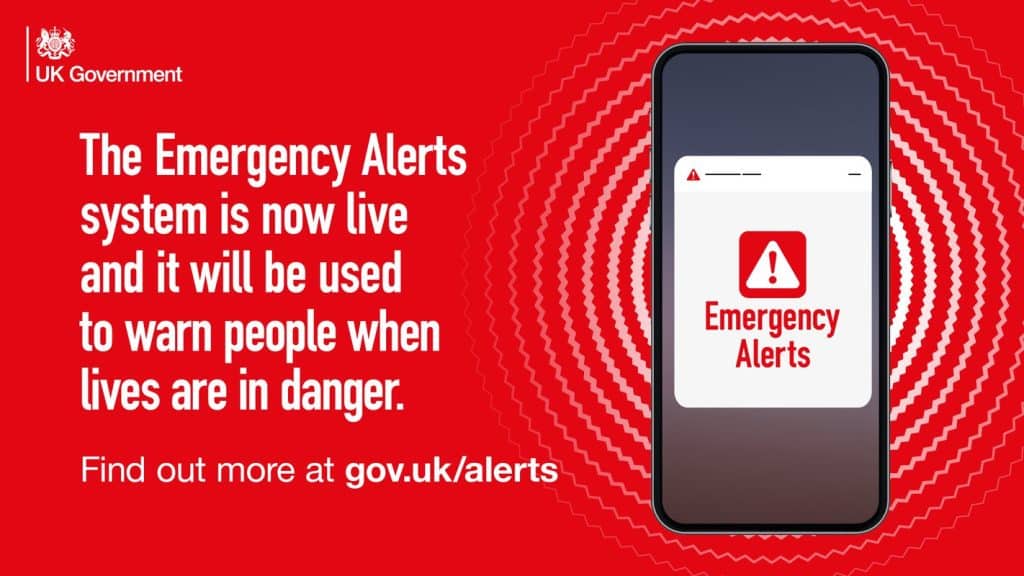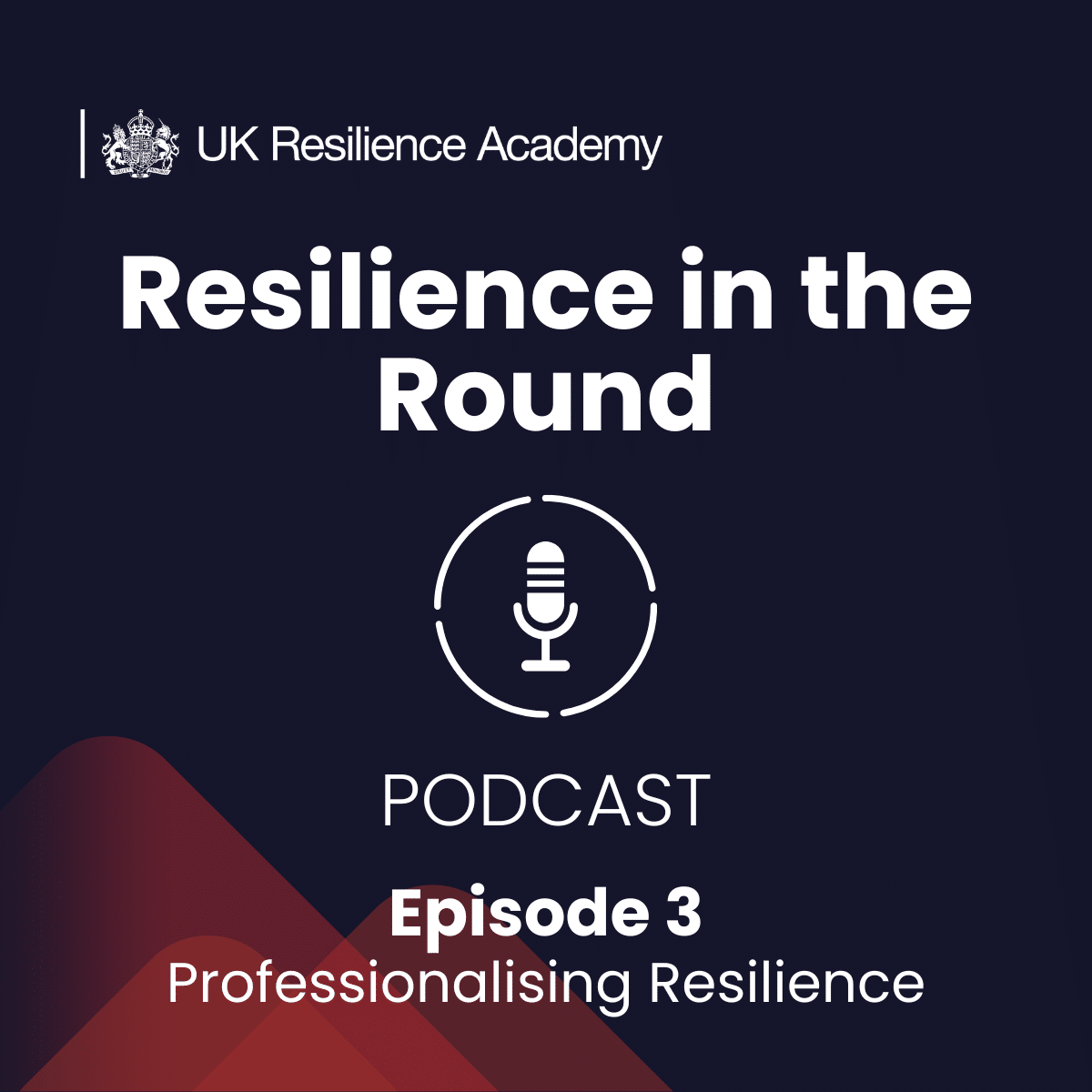On my recent car journey, I tuned into the BBC Newscast episode “National Emergency Alert Test: Newscast In COBR.” It offered a rare glimpse to listeners into the Cabinet Office Briefing Rooms (COBR) and the inner workings of the UK’s top crisis-management mechanism.
During the podcast, there was an interview with Pat McFadden, the Chancellor for the Duchy of Lancaster; about the emergency alert system test (Sept 7th at 15:00 – save the date!).
The next tier 1 exercise (Ex PEGASUS), public preparedness / awareness and gave an insight into operations in the COBR suite.
I highly recommend a listen if these are topics that are of interest to you and share the information discussed. As someone leading resilience capability in the preparedness domain, I took away the following reflections…

“this is the country wide equivalent of someone testing a fire alarm”
I should probably do that, as I haven’t tested all alarms in the house since moving in several months ago (except that one time I tried to cook steak without turning on the extractor fan – the kitchen one definitely works!). This metaphor is a simple reminder that national preparedness starts with everyday behaviours, testing an alarm should not feel odd. Just as fire alarms are routinely tested in public buildings, national systems must be tested to make sure they’re understood, expected, and effective.
I fully support a national test of the alert system and I believe it is something we should do more often, but we cannot be blind to some of the challenges that certain communities will face in receiving an unavoidable and loud alert. Some individuals keep second mobile devices hidden for personal safety. In these cases, receiving an unexpected loud alert could pose a serious risk.
We have a responsibility to protect these communities and share the following important information:
- You have the ability to opt out, and if it is vital for your safety, you should do it now while it’s fresh in your mind. Visit Opting out of emergency alerts – GOV.UK
- Opting out should only be done in exceptional circumstances. Not wanting to be disturbed during a meeting is not a valid reason to opt out of receiving potentially lifesaving alerts in future.
“if you ask me what does resilience really come down to, it’s quite a difficult concept for people to grasp but I would say two things. One is the deep strength of your society … and the second I liken to insurance, nobody wants to have no insurance, you’ve got to have some insurance but what is the right level?”
I just renewed my car insurance policy and upgraded it to include some breakdown cover. Let’s hope I never have to use it, but it’s there if I need it… It’s the same with resilience investments. Whether it’s stockpiling, surge capacity, or standby infrastructure. Preparedness isn’t just about spending money. It’s about having the foresight to invest in prevention, protection, and capacity, not because we know exactly when we’ll use it, but because we can’t afford not to have it when the time comes.
 When talking about Exercise PEGASUS.
When talking about Exercise PEGASUS.
“I think we should be candid, and it will show things that have gone wrong, and that’s partly why we do it… I can guarantee one thing about exercises Pegasus, it won’t show that everything is perfect.”
This is perhaps the most important reflection of all. I’ve long believed that if an exercise has a 100% success rate and identifies zero issues, it hasn’t gone deep enough, not that the plan is perfect…
Exercises must be more than tick-box events. They should validate our assumptions, test the boundaries of our coordination, and reveal areas for improvement. The value lies in the challenge, because resilience isn’t about showing off what works. It’s about understanding where the gaps are before a real-world event exposes them for us and our willingness to act on what we learn.
You can listen to the episode here:
Newscast – National Emergency Alert Test: Newscast In COBR – BBC Sounds
Inside the UK’s secret crisis command centre | BBC Newscast – YouTube
Find out more
Find out more about the Emergency Alerts on the Gov.uk website

Blog written by Joshua Isherwood, Resilience Capability Lead for Preparedness.





